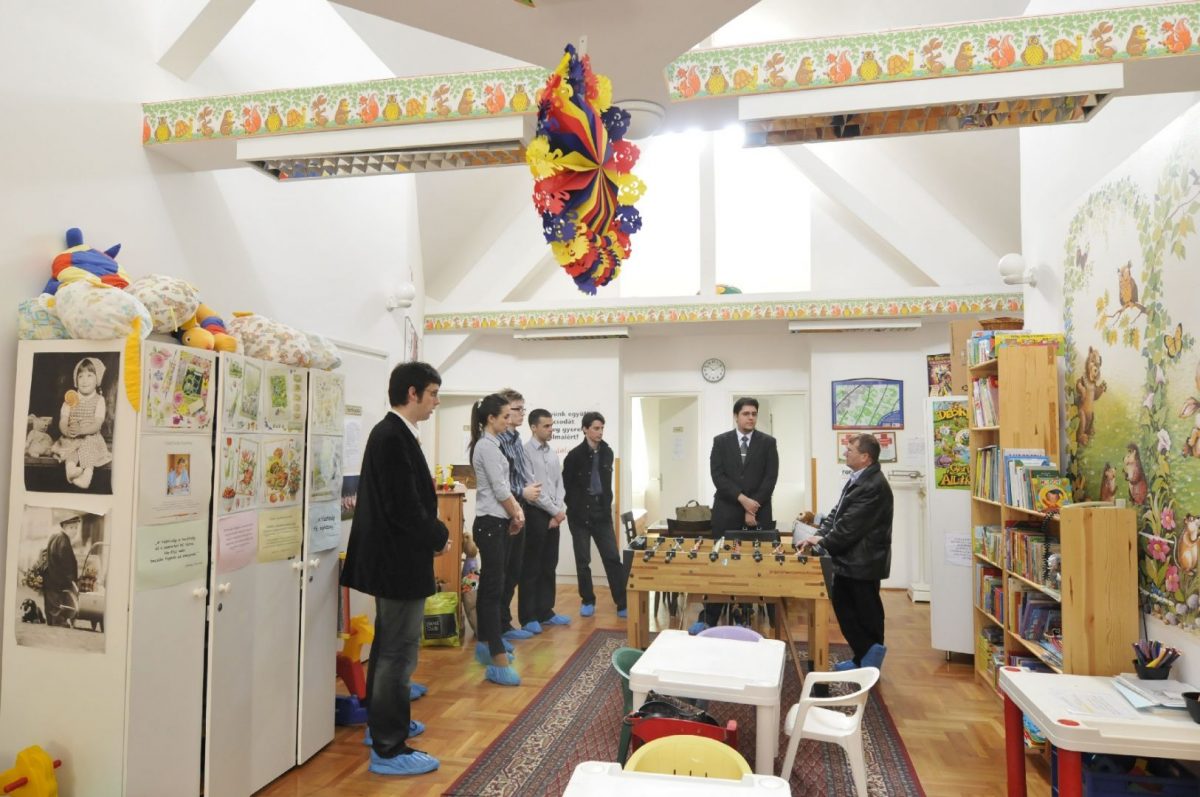This year, Katalin Karikó received the Debrecen Award for Molecular Medicine. The Széchenyi Prize-winning Hungarian research biologist, the patentee of the technology of synthetic mRNA-based vaccines, received the award at a ceremony at the University of Debrecen on Tuesday, where she also gave a lecture.
Katalin Karikó has dedicated her entire life to mRNA research and the development of related technologies. Her results represent a completely new era in medical technology, as a result of which new procedures and preparations registered as medicines may become the property of mankind.
– emphasized Zoltán Szilvássy, Rector of the University of Debrecen.
The Debrecen Prize for Molecular Medicine, founded 18 years ago, recognizes the work of scientists who have achieved outstanding results in the field of molecular medicine at the international level.
It is important for the University of Debrecen to acknowledge the latest discoveries in science and to set an example for those who work here.
– emphasized László Csernoch, Deputy Rector of Science of the University of Debrecen.
The award is decided every year by the university professors of the Faculty of General Medicine of the University of Debrecen.
In the more than 100-year history of medical education in Debrecen, it has always been clear that high-quality education is not possible without cultivating science. The award was created with the undisguised goal of establishing contacts and conducting joint research between the distinguished scientists and the experts of the University of Debrecen.
– explained László Mátyus, Dean of the Faculty of Medicine.
This year’s award-winning patent, Katalin Karikó, is the world’s first clinically proven third-generation Pfizer-BioNTech Covid-19 vaccine.
It is widely accepted that the technology of the world’s first genetically modified vaccine will have an impact on preventing the spread of other diseases, from cancer and stroke to malaria and multiple sclerosis. Katalin Karikó’s life and attitude are exemplary for us and the next generation after us.
– said Deputy Dean Zoltán Papp.
Previous winners include leading figures in the life sciences, such as Craig Venter from the field of human hereditary research, Ralph Steinman, who also received the Nobel Prize for the discovery of dendritic cells, and Sir Stephen O’Rahilly, the recipient of genetic mechanisms responsible for obesity.
I know several of the previous award winners personally and I respect them. Some people I still work with. It is a great recognition to belong to such a research group. I am very glad that I was nominated and elected for this award this year.
– said Katalin Karikó.
The Széchenyi Prize-winning research biologist, the biochemist, received the award at a ceremony held in the Aula of the Main Building of the University of Debrecen. Following the award ceremony, Katalin Karikó gave a lecture in English entitled “mRNA development for therapy – not at light speed”.
After the ceremony, György Kossa, the chairman of the board of the Count István Tisza Foundation for the University of Debrecen, said to hirek.unideb.hu that he was honored that Katalin Karikó had accepted the institution’s award. This strengthens the reputation of the University of Debrecen in the field of science and society.
hirek.unideb.hu


















